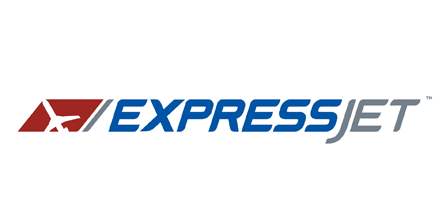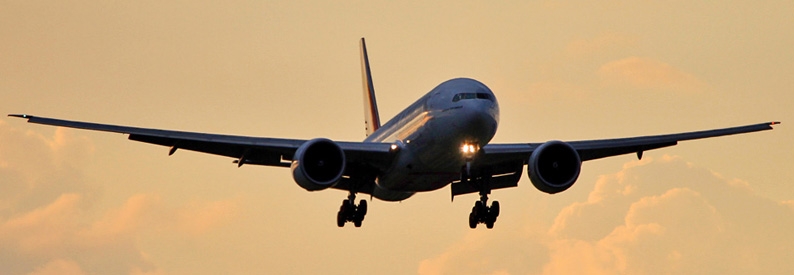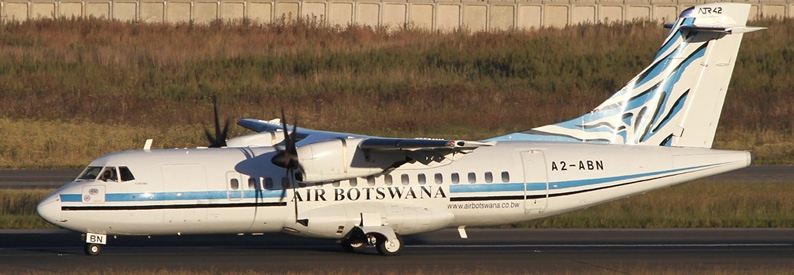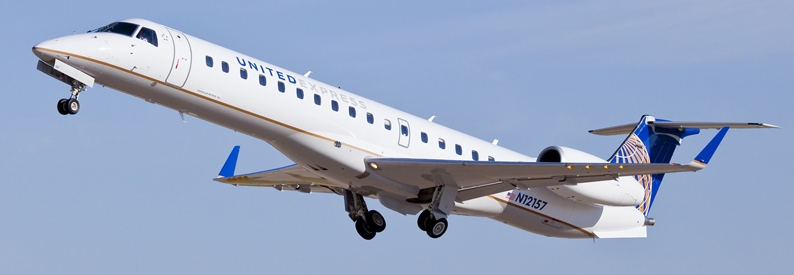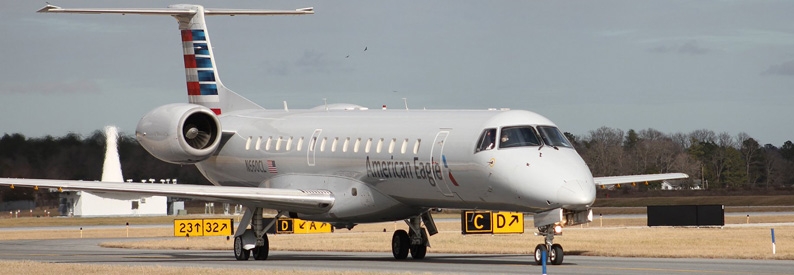ExpressJet Airlines (Atlanta Hartsfield Jackson) has warned that it may have to close after United Airlines (UA, Chicago O'Hare) chose CommutAir (Cleveland Hopkins) to be its United Express brand's sole E145 regional operator. Earlier in July, United warned the two carriers, in which it owns minority stakes, that it would have to consolidate its capacity purchase agreements (CPA) given a dramatic downturn in demand brought on by the COVID-19 crisis.
“We will now explore all options for the future of our company in 2021, while we expect to continue normal operations through the rest of this year,” ExpressJet said in a statement.
According to the ch-aviation fleets module, ExpressJet operates fifty EMB-145LRs, fifty-eight XRs, and thirteen ERJ 170-200LLs for United Express while CommutAir does so using thirty-eight EMB-145XRs.
The decision to cut ExpressJet loose comes after it agreed with United in February to extend their CPA wherein the production carrier would add crew bases and expand facilities at United hubs such as Denver International. To facilitate the expansion, United said it would add thirty-six E145s to ExpressJet's fleet through February 2021, effectively growing it to 144. The announcement precipitated the closure of another US production carrier, Trans States Airlines (St. Louis Lambert International), in April.
"Today, we are taking additional steps to further simplify our operation and right-size our capacity for the future," United said in a statement on July 31. "We continue to evaluate further opportunities to improve the United Express product. Beginning later this year we will consolidate all of our E145 operations into CommutAir, which will then become United’s sole operator of this aircraft type. This transition will take a number of months."
The Regional Airlines Association (RAA) has since claimed that ExpressJet had been treated unfairly by the US Government as, like with other US regional carriers, it had not been able to gain access to the full suite of financial assistance envisioned by the CARES Act, which the RAA argued had benefitted larger carriers.
"ExpressJet was one of several regional airlines required to pay back 30% of the CARES Act Payroll Support Program (PSP) funds," the association said in a statement. "In this way, ExpressJet was treated like a major airline because of the size of its workforce, although it is not one. Furthermore, ExpressJet, which applied for a CARES Act loan in advance of the April 7 'early consideration' deadline, has been in a holding pattern with the US Treasury for more than three months. ExpressJet is not alone in these hurdles. To date, only one independent regional airline has been able to access Cares Act loans; by contrast, every major airline has reached loan terms."
RAA President Faye Malarkey Black has since called on the federal government to extend the CARES Act's Payroll Support Programme beyond September 30 and has also implored Congress to ensure the US Treasury allows regional airlines unobstructed access to the Air Carrier Loan program.
